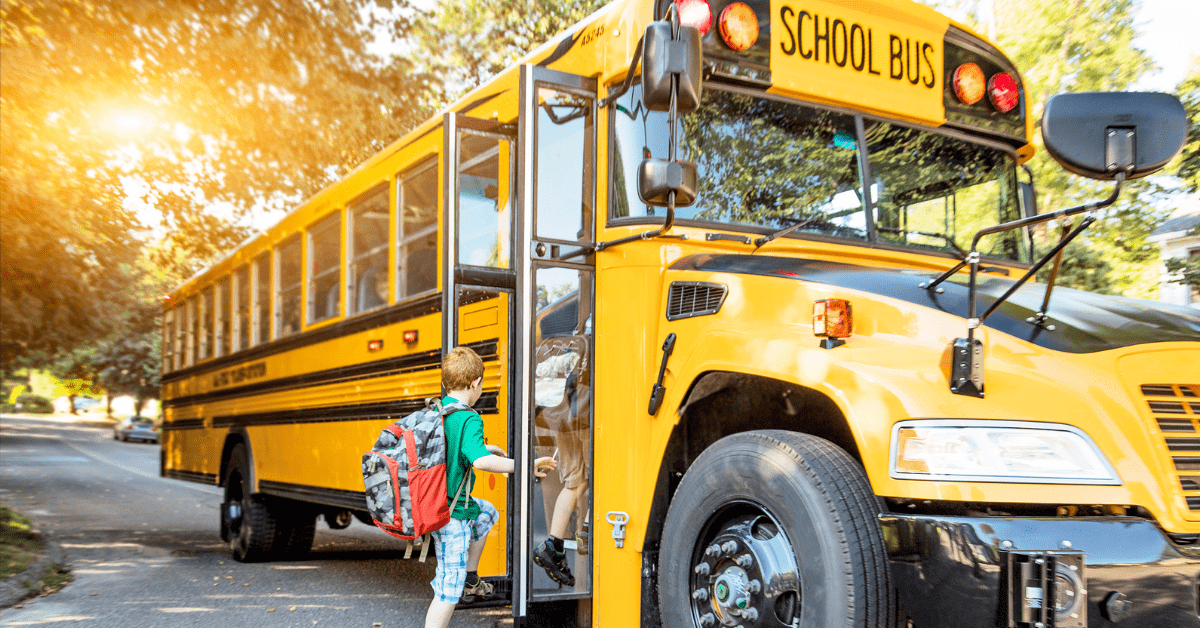Written by Sillie Mugo. Clinical Review by Jenny Ryan, LCSW-C.
28% of school-age children sometimes find it difficult or impossible to attend school, according to the School Avoidance Alliance.
This school avoidant behavior, also called school refusal, happens when a school-age child or teen refuses to attend a school or has difficulty being in school for the entire day with no reasonable or justifiable circumstances for the absence. These students may experience severe emotional distress, anxiety, temper tantrums, depression or somatic symptoms.
School avoidance can look different for every child and can range in severity from the acute — where students miss a few days of school — to the severe — where students don’t set foot in school for months or even an entire semester at a time.
If left untreated, it can lead to academic difficulties, social isolation, and long-term consequences. Early intervention and support from parents, teachers, and mental health professionals are crucial in addressing school refusal.
What Causes School Avoidance?
School avoidance or refusal can stem from underlying mental health challenges such as depression, anxiety, or ADHD. In other cases, a child may exhibit school avoidant behaviors when they’re experiencing bullying, academic, or social challenges that make school unpleasant.
Recent studies suggest that the school avoidance crisis has worsened since the start of the COVID-19 pandemic.
What Can Parents Do About School Avoidance?
If your child or teen is struggling with school avoidance, here are some steps you can take to support them:
- Understand the reasons behind your child’s behavior
- Communicate with school staff
- Create a positive and supportive home environment with a structure and a routine
- Seek out professional mental healthcare if necessary
If the school refusal continues for weeks or months, it’s time to act. Consider reaching out to a licensed therapist who can complete a mental health assessment to better understand the cause of your child’s symptoms.
At Backpack Healthcare, we have a dedicated team of licensed therapists who specialize in school avoidance and will complete a comprehensive assessment to determine the underlying cause of your child’s school refusal.
Our approach often involves modalities like cognitive behavioral therapy, which helps kids learn to manage their anxious thoughts and face their fears.
How Backpack Healthcare is Supporting Schools
Backpack Healthcare has partnered with local schools to provide telehealth during school hours, working with school counselors and administrators to help the children attend sessions virtually.
We understand that when your child is struggling emotionally, you want answers and solutions now. And thanks to these virtual sessions, children can receive the care they need without having to leave the school.
This also minimizes workday interruptions for parents, and parents even have the option to join family counseling sessions virtually.
Our unique behavioral and mental healthcare model gives children, teens, and their families greater access to care by making intervention faster, making appointments easier to schedule, leveraging telehealth technology, and advocating for mental and behavioral health within schools.
To learn more about the mental health services we offer children and teens in the state of Maryland, visit this page to get in touch with our intake team. If you’re a school administrator or counselor interested in partnering with Backpack Healthcare to bring quality mental healthcare to your students, click here to learn more.
References and additional reading:

